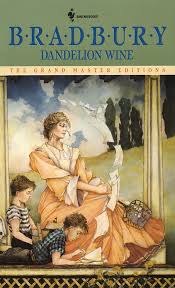One of my strongest-held beliefs is the power of fiction to increase our empathy as we inhabit others' lives. I'd go so far to say that reading fiction is, at least for now, the best way to time travel. Books have taken me to places I might eventually visit, but they have also taken me to other decades and centuries.
I read There, There, the earlier novel by Tommy Orange for which his latest, Wandering Stars, serves as both a prequel and sequel, when it first came out. Now I feel the urge to read it again, even though some parts of the novel are embedded in my brain.
Wandering Stars starts after the 1864 Sand Creek Massacre, with the story of Jude Star, ancestor to the characters that make up most of the narrative. Orange helps to fill out the complicated history of the country's attempt to "reeducate" Indigenous children, purportedly to "Kill the Indian, Save the Man."
The stories of extreme abuse in these boarding schools where families were forced to send their children can be found in a number of other novels. Orange follows the family lineage, picking up after the shooting at the Oakland powwow chronicled in There, There. Orange picks up with story lines of some of the characters in that story, but focuses on Orville Red Feather, now dealing with addiction to pain meds after being shot there. His friend Sean, an adopted boy who has recently lost his mother to cancer, finds through a DNA test that while he always assumed he was Black, he has a percentage of Native American blood.
The novel deals with addiction, while examining identify and family connections. What struck me as I read, particularly since I have read such a range of books this summer, was how beautifully Orange tells the story. Even the references to the wandering stars--literal and figurative--are woven in with such a subtle hand. The book is also a reminder of the power and the necessity of reading books that make the reader uncomfortable.





















